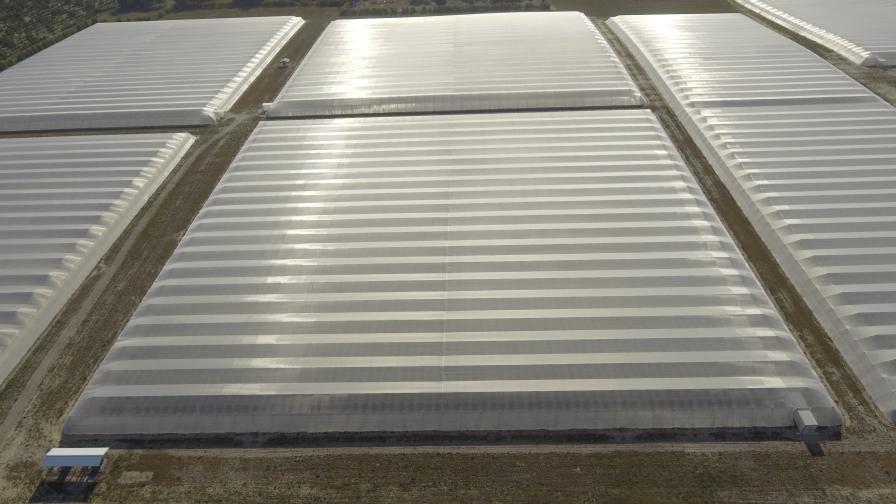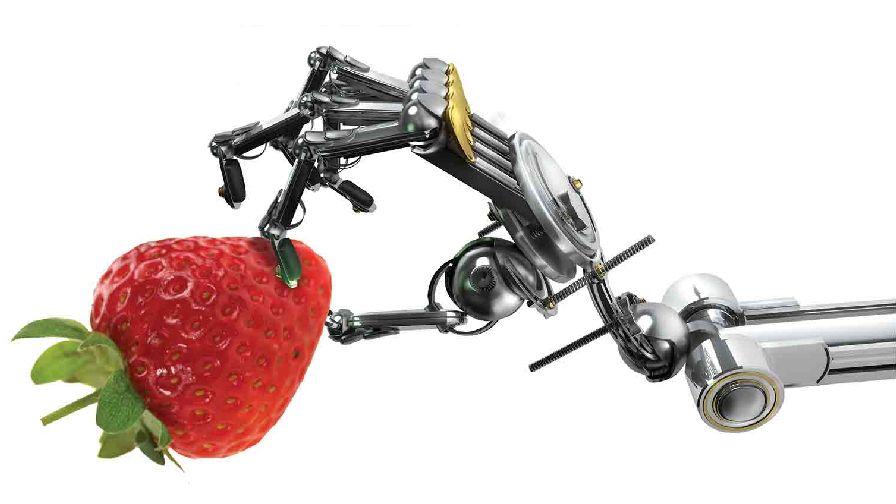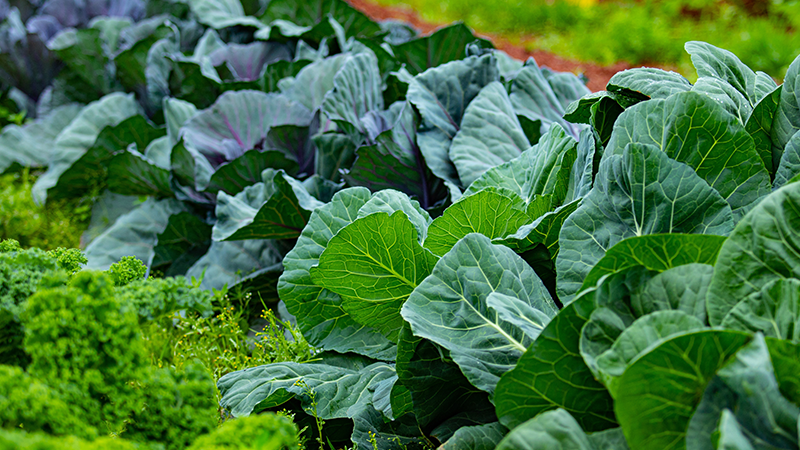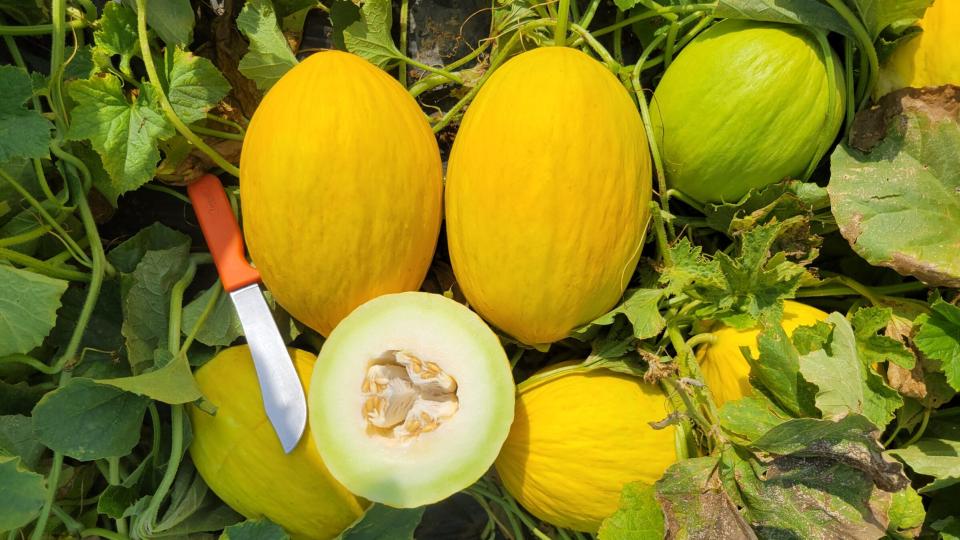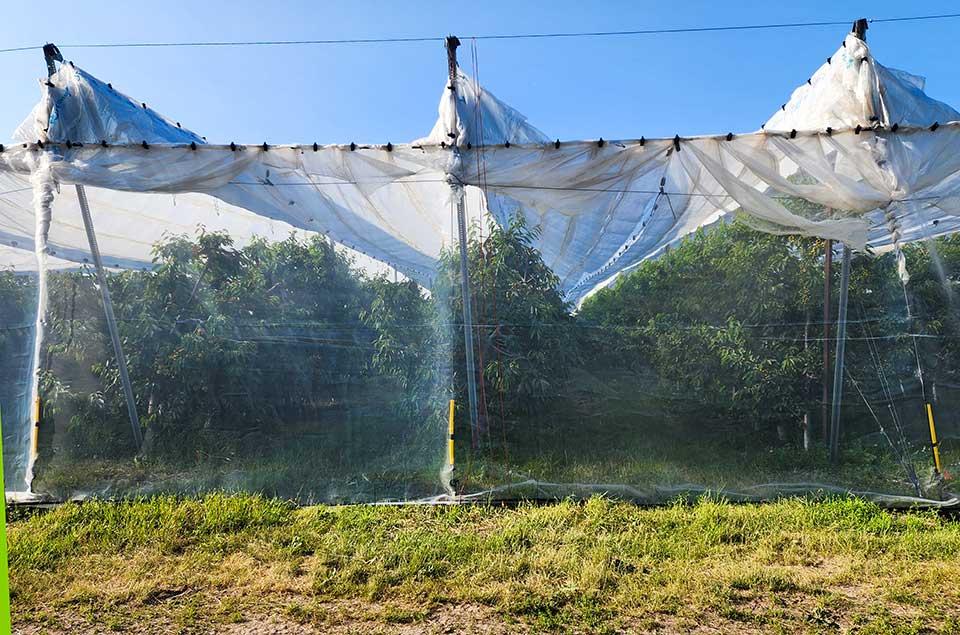Martian Tomatoes? The Red Planet Inspires Heinz in Latest Ketchup Mission
In the ultimate mission to create a taste that’s out of this world, iconic food and beverage company Heinz has gone the extra mile – and then some. The brand has just unveiled its first bottle of Heinz Tomato Ketchup “Marz Edition,” made with tomatoes grown by recreating similar soil, temperature, and water conditions on Earth to those found on the Red Planet.
Through a collaboration with a 14-person astrobiology team over nine months at the Aldrin Space Institute at Florida Tech in Melbourne, FL, Heinz simulated growing tomatoes on Mars. The team successfully yielded a crop from the brand’s proprietary tomato seeds.
Two years ago, Heinz and its Tomato Masters set out to launch the first-of-its-kind experiment that has become one of the largest projects of its kind related to Mars ever conducted. Experts in analyzing difficult soil conditions, picking the right seeds, and implementing modern agricultural techniques played a crucial role in ensuring taste and quality.
“We’re so excited that our team of experts has been able to grow tomatoes in conditions found on another planet and share our creation with the world,” says Cristina Kenz, Chief Growth Officer for Kraft Heinz International Zone. “From analyzing the soil from Martian conditions two years ago to harvesting now, it’s been a journey that’s proved wherever we end up, Heinz Tomato Ketchup will still be enjoyed for generations to come.”
Although Heinz Tomato Ketchup Marz Edition bottles are not available for purchase as of this post, a batch was unveiled at Heinz HQ, where the experimental sauce has undergone quality-assurance testing to get the green light and become certified bottles of Heinz Tomato Ketchup.
The team at the Aldrin Space Institute, led by Dr. Andrew Palmer, has submitted the first of three papers for scientific publication that charts the mission.
Palmer and a team of more than a dozen students, scientists, and technicians worked in a greenhouse known as the “Red House,” which was installed at the university’s Center for Advanced Manufacturing and Innovative Design in Palm Bay. Red House was designed to replicate conditions humans would face when farming on Mars, starting with unique LED lighting and utilizing about 7,800 pounds of analog Martian regolith – soil from the Mohave Desert that mimics many of the characteristics of actual Martian soil. There also was strict temperature control and regular irrigation.
“Before now, most efforts around discovering ways to grow in Martian-simulated conditions are short term plant growth studies,” Palmer says. “What this project has done is look at long-term food harvesting. Working with the Tomato Masters at Heinz has allowed us to see what the possibilities are for long term food production beyond Earth.”
For more details on the project, visit NewsFIT.edu.
Follow along on Heinz social media outlets to see more on the Marz Edition.




